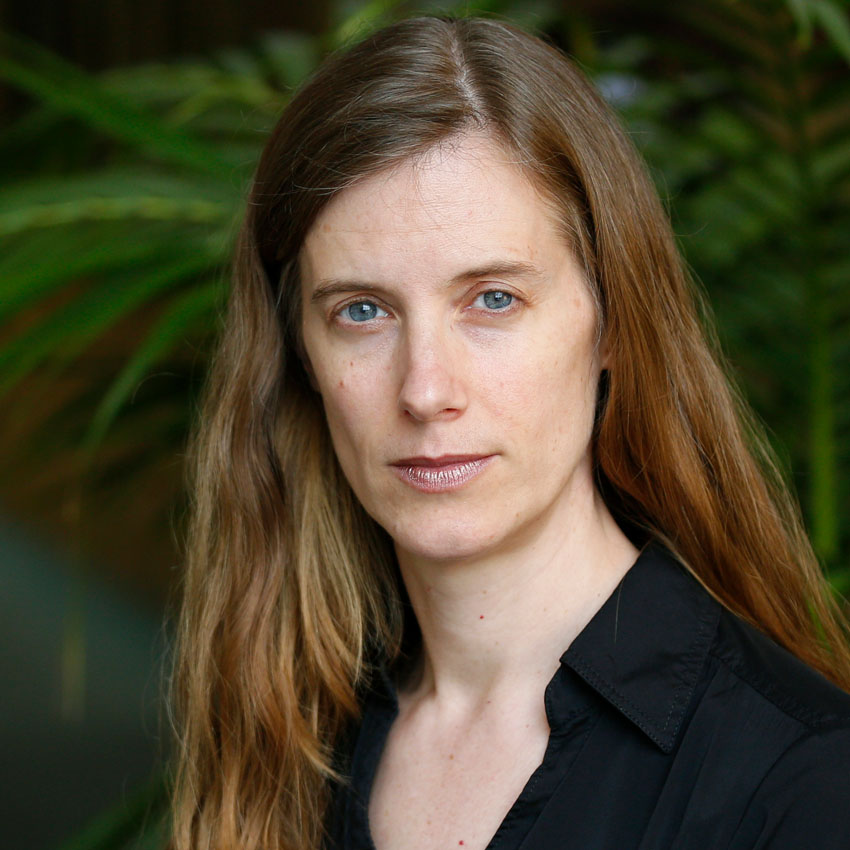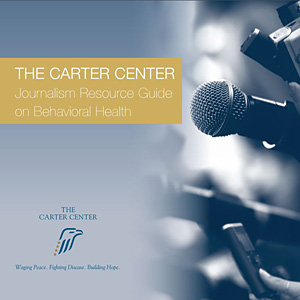Language Guide for Reporting on Mental Health
If you’re a journalist on deadline, we recommend you check out our free guide.
Meet the 2019-2020 Fellows
Emi Nietfeld
Emi Nietfeld is the author of “Acceptance,” a critically acclaimed memoir of her journey through foster care, homelessness,…
Ellen Eldridge
Ellen Eldridge (she/her) is a health care reporter for Georgia Public Broadcasting. She has previously worked as…
April Dembosky
April Dembosky is the health correspondent at KQED Public Radio in San Francisco. She covers health policy…
Frequently Asked Questions
The goals of the fellowship are to:
- Increase effective and accurate reporting on behavioral health issues
- Equip journalists with the tools needed to produce high-quality work that reflects an understanding of behavioral health
- Develop a diverse cohort of better-informed journalists who can more effectively report on behavioral health across evolving and emerging platforms
Fellows are notified individually by program staff by telephone before The Carter Center makes an official announcement on the center website and via press release. These calls are confidential. Due to the high volume of applications, applicants not selected as Fellows will not be contacted. Click here for the announcement date.
To see a database of projects completed by Rosalynn Carter Fellows during their fellowship year, visit the Rosalynn Carter Fellows’ project database to search by Fellow name or year.
New Zealand
In 2006, the New Zealand Mental Health Media Grants program was established to sustain the work of the Rosalynn Carter Fellowships in New Zealand without The Carter Center. The Mental Health Foundation of New Zealand and the national anti-discrimination campaign, “Like Minds, Like Mine,” are co-creators and supporters of the program.
The grants are awarded each year to creative and journalistic projects in New Zealand that challenge people’s perceptions of the experience of mental distress and the journey to recovery.
New Zealander applicants should visit mediagrants.org.nz to apply, pre-register for next year’s Grants round or find out more about past winning Creative and Journalism projects.
For more information about the South African Fellowships Program, please contact:
Danielle Whitburn
Grants Coordinator
Mental Health Foundation of New Zealand
danielle.whitburn@mentalhealth.org.nz
Romania
In 2013-2014, The Carter Center and the Center for Independent Journalism in Bucharest awarded the final two fellows in the collaborative program.
For more information about future opportunities in Romania, please contact:
Cristina Lupu
Executive Director
Center for Independent Journalism
Bdul. Regina Elisabeta, no.32
Bucharest, Romania
www.cji.ro
www.facebook.com/Centrul.Jurnalism.Independent
South Africa
In 2011, the South African Fellowship Program was created to sustain the work of the Rosalynn Carter Fellowships in South Africa without The Carter Center. The South African fellowships are now administered through the South African Depression and Anxiety Group.
For more information about the South African Fellowships Program, please contact:
Marion Scher
Media Mentors/Freelance Journalist
2005-2006 Rosalynn Carter Fellow
Johannesburg, South Africa
Tel: +27 82 467 6046
Email: journo@icon.co.za
Recently
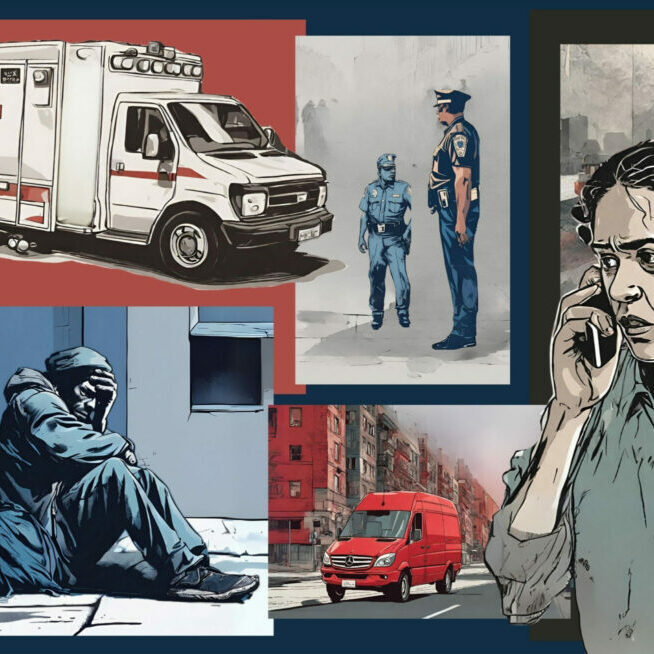
You Report an Unhoused Person in a Mental Health Crisis. This Is What Happens Next
San Francisco Public Press by Madison Alvarado and Yesica Prado, May 7, 2024: Myriad city teams respond to people in severe distress, who are often homeless and return to the streets after receiving services. In San Francisco, it is not uncommon to cross paths with a person experiencing homelessness in…

The Often Vicious Cycle Through SF’s Strained Mental Health Care and Detention System
San Francisco Public Press by Madison Alvarado and Yesica Prado, May 6, 2024: Dispatchers received at least 24,000 calls about mental health crises last year. Often, responders couldn’t find the people in distress. On a windy day last fall, a slender man stood on a corner of the bustling intersection…
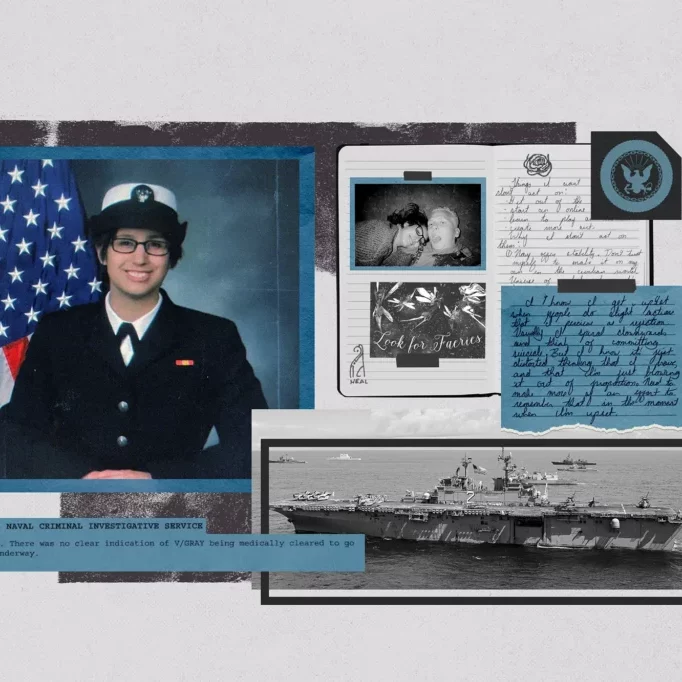
Deadly Failure: A Sailor Was in Crisis. Her Command Kept the Pressure on Anyway
Voice of San Diego by Will Huntsberry, April 2, 2024: March 6, 2018, was another mild and sunny day in San Diego. Petty Officer 2nd Class Tiara Gray, who was 21 years old, was somewhere off the coast, onboard the USS Essex, writing in her journal. It was 27 days…

She called the number on her syllabus offering counseling. No one picked up.
WBEZ by Lisa Kurian Philip, March 21, 2024: Isabelle Dizon describes her transition to college as “messy.” She went from a public high school to a private art school that was far less diverse and cost too much, she said. The expense was stressful and she couldn’t connect with her…
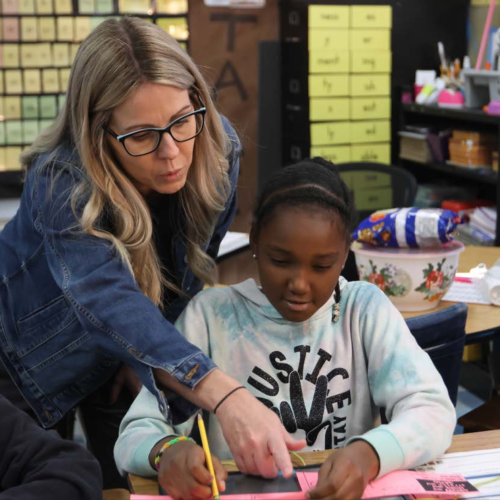
High need, low accessibility: Oglethorpe County residents face barriers to mental health care, even as teens and schools are willing to have the conversation
The Oglethorpe Echo/the Cox Institute’s Journalism Writing Lab at the University of Georgia by Navya Shukla and Sydney Rainwater, March 21, 2024: Sonja Thompson Roach remembers the moment last year when a photographer took photos and interviewed her son and his friends for a Time magazine story on mental health…
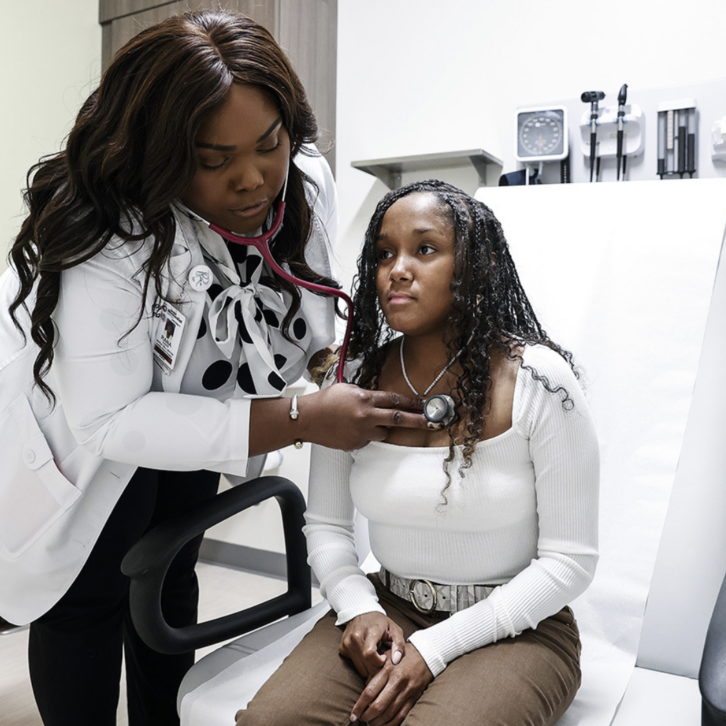
For many Black sickle cell patients, care must reach deeper
The Daily Memphian, by Aisling Mäki March 5, 2024: In Memphis, Black patients with an inherited blood disorder carry trauma from the dismissal of their chronic pain and severity of symptoms. “Sickle cell is a very aggressive, traumatizing and difficult disease to live with,” said April Ward-McGrory, 42, a lifelong…
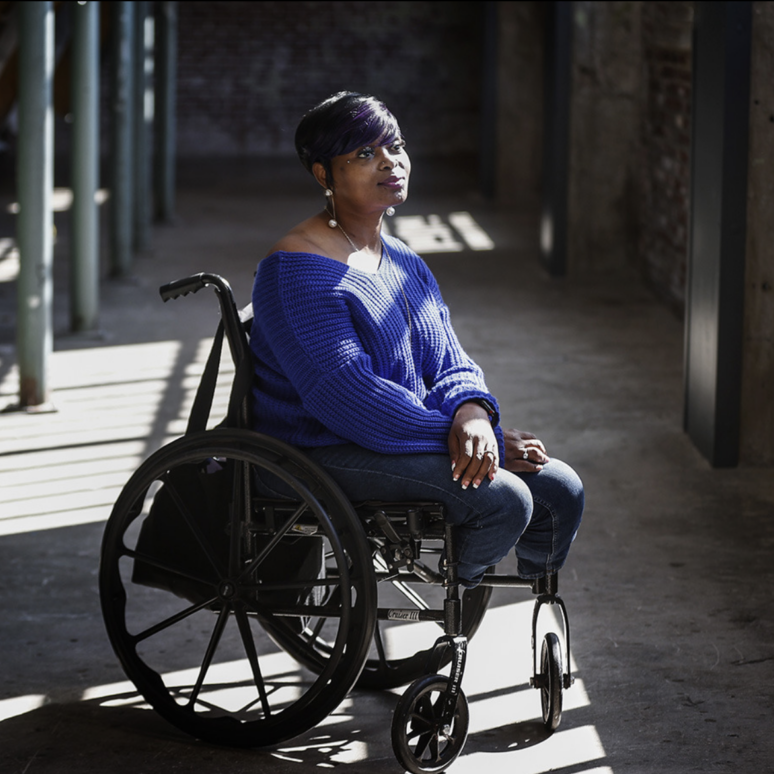
Mental health issues complicate treatment for sickle cell patients
The Daily Memphian, by Aisling Mäki March 5, 2024: April Ward-McGrory is a sickle cell patient, double amputee and advocate for those living with sickle cell disease.Black patients in Memphis with sickle cell disease often report being misdiagnosed or treated as drug seekers when they show up in emergency rooms…
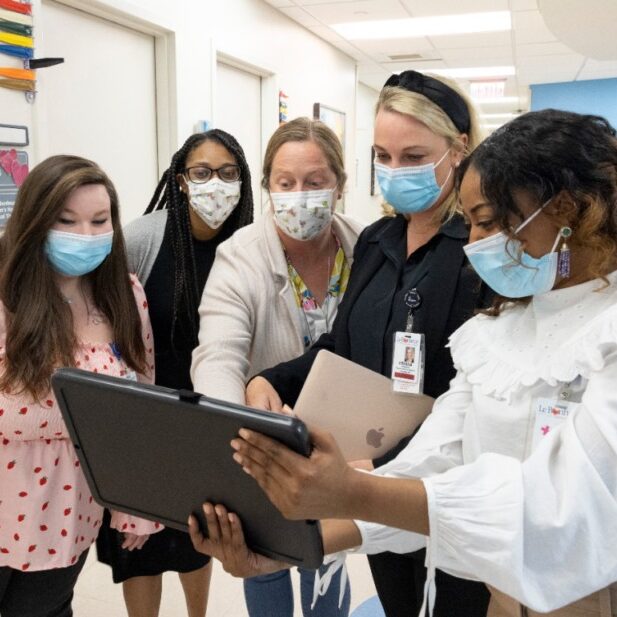
When children are rushed to the hospital in Memphis, trauma counselors are there waiting for them
The Institute for Public Service Reporting, by David Waters, March 6, 2024: An errant bullet fired from a street in South Memphis last year hit 16-year-old Evan sitting inside his home watching TV. The bullet tore a hole through his arm and leg. Instantly, before anyone could call 911 —…
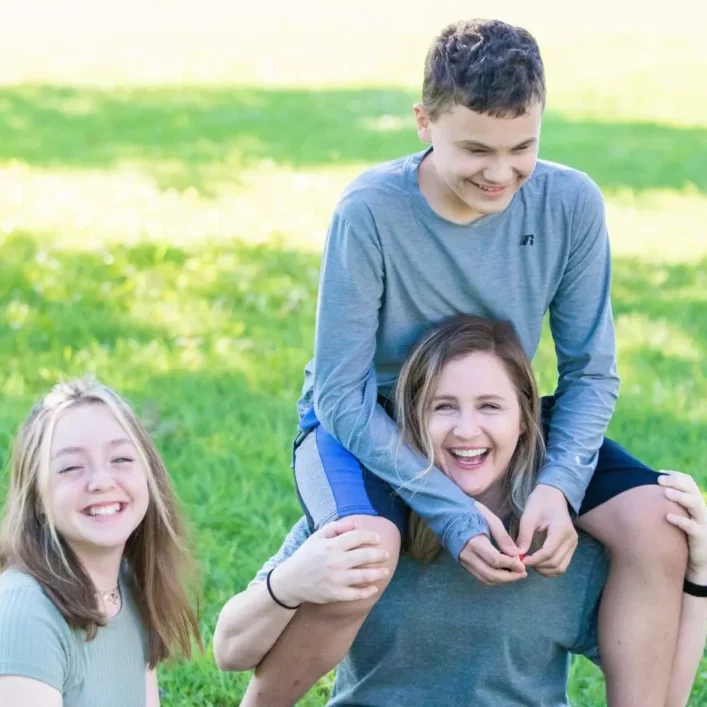
Oklahoma sends a growing number of kids with complex needs out of state for treatment
The Frontier, by Kayla Branch, February 5, 2024: The state lacks options for kids with developmental disabilities and mental health needs. Oklahoma spent more than $5 million to send 49 kids out of state for treatment in the past year. Amber Boyer spent early mornings last spring crawling out of…
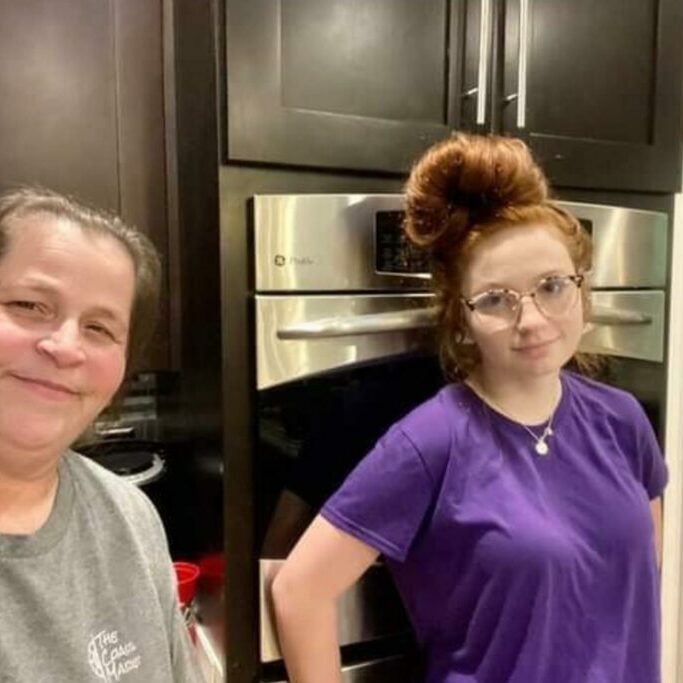
Poor access to mental health care leaves Georgia children who need a psychiatrist in the lurch
Georgia Public Broadcasting by Ellen Eldridge, January 22, 2024: When Layken Edenfield was little, her moods would switch quickly, her mother, Teresa Edenfield remembers. “One minute she’d be happy and laughing, and the next minute she’d be crying her eyes out,” Edenfield said. “She was really hypersensitive about certain things…
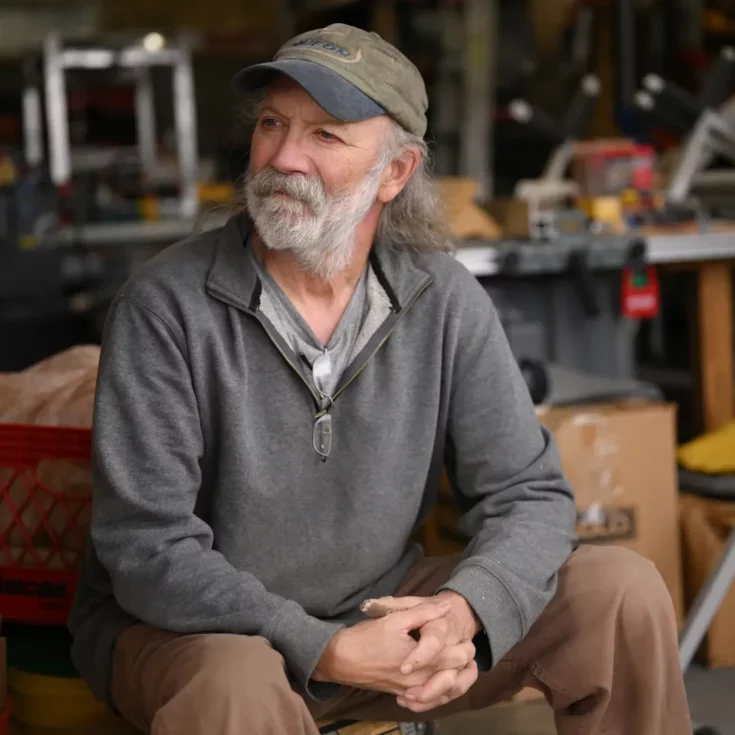
Alcohol addiction treatment is available in Colorado, but people struggle to get the help they need
The Denver Post by Meg Wingerter, January 4, 2024: Some people with addiction face insurance hurdles, unaware of options beyond AA or rehab. Warren Musselman credits his post-alcohol life to two things: finally finding a program that offered counseling he could connect with, and deciding he just couldn’t suffer through…

Beer and wine became more widely available in Colorado even as drinking deaths rose
The Denver Post by Meg Wingerter, January 4, 2024: Alcohol is socially acceptable and can be hard to avoid for people in recovery. Five years ago, a workgroup tasked with finding ways to reduce Colorado’s rate of drinking-related deaths — among the highest in the country — issued a simple…
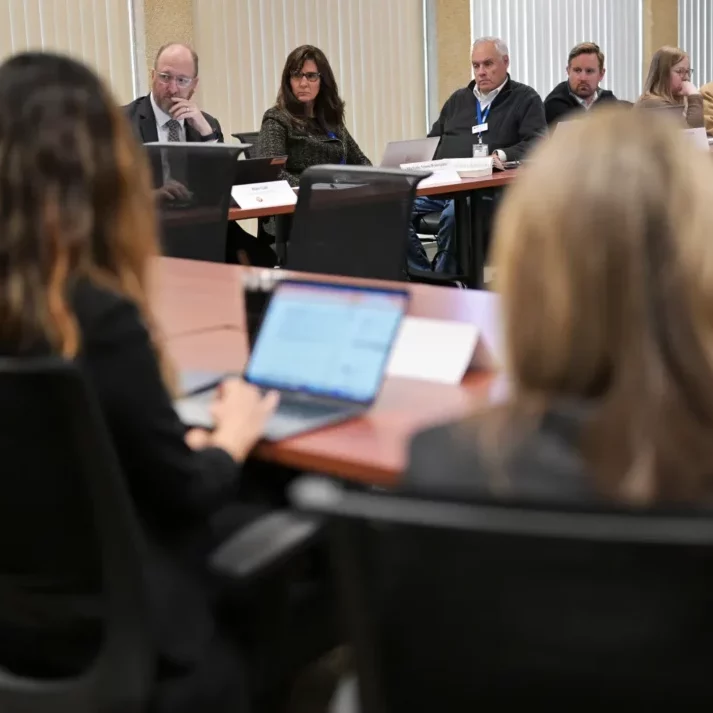
Colorado has some of the lowest alcohol taxes and highest drinking deaths. That’s no coincidence, experts say.
The Denver Post by Meg Wingerter, January 4, 2024: Researchers say higher prices can be effective in reducing alcohol consumption. Colorado’s taxes on alcohol are among the lowest in the country, and even though the state consistently ranks as one of the worst for drinking deaths, lawmakers have shown little interest…
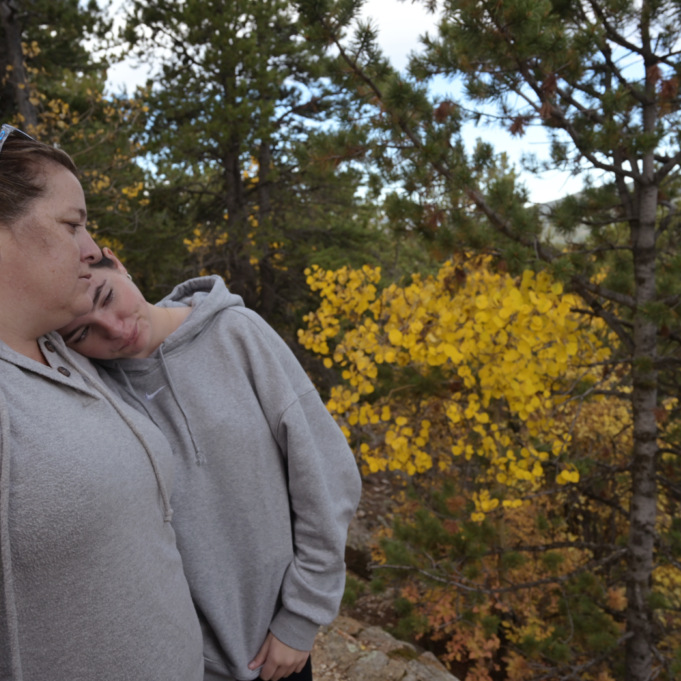
Colorado alcohol deaths surged 60% in 4 years, but there’s been no public outcry or push to save lives
The Denver Post by Meg Wingerter, January 4, 2024: When fentanyl deaths spiked, the state responded. When alcohol deaths did the same, Colorado was silent. Fatal drug overdoses had been slowly rising for a decade, but when the number of Coloradans killed by fentanyl soared during the first two years…
![IMG_8506[75].CR2 ©Hannah Bassett/AZCIR: Jared Marquez, 34, looks back on donated items before distributing care packages with Stolen People, Stolen Benefits, a grassroots group assisting tribal members displaced by the sober living home crisis. The group regularly searches the streets of Phoenix to connect unsheltered tribal members with resources like housing, treatment, and transportation home.](https://mentalhealthjournalism.org/wp-content/uploads/bb-plugin/cache/IMG_850675.CR2_-1024x683-square-72ec718bd503fa0615c6cc2aef6587a1-.jpeg)
AHCCCS alerted to ‘predictable’ homelessness surge before fraud crackdown
Arizona Center for Investigative Reporting (AZCIR) by Hannah Bassett, December 28, 2023: The state agency at the center of Arizona’s ongoing behavioral health crisis knew its proposed billing reforms could trigger a surge in homelessness nearly a year before implementing the changes, yet still failed to adequately prepare for the fallout—or…

Being ‘my own role model’: Normalizing mental health care in the AANHPI community
Cronkite News by Deanna Pistono, December 22, 2023: For Jessika Malic, communications director of Asian Pacific Community for Action, a Phoenix-based nonprofit focused on providing access to health care, her search for the right mental health provider for herself involved some added effort. “I thought it would be great to…
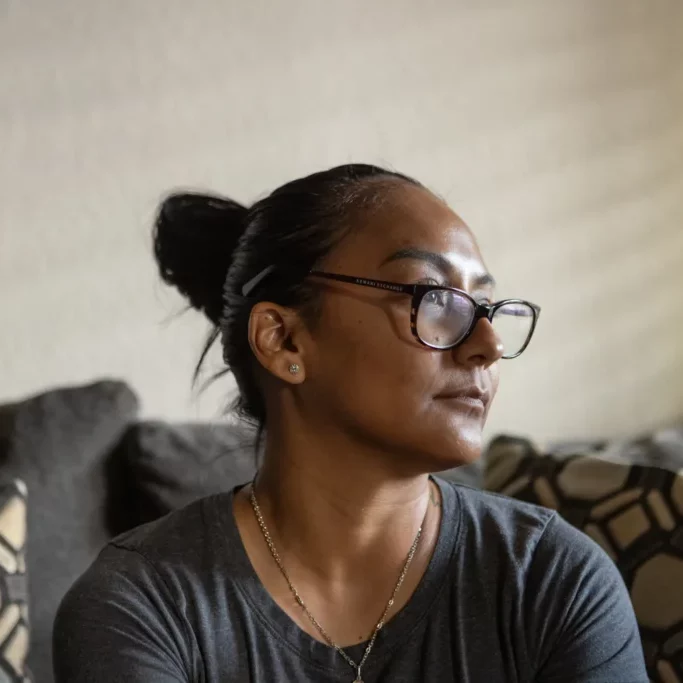
How the Texas vision for seamless mental health care fell apart over 60 years
The Texas Tribune by Stephen Simpson, December 22, 2023: A lack of private providers, a swamped community mental health system, and low insurance reimbursement have cut off many in Texas from basic mental health services It was in early 2020, a few months into the COVID-19 pandemic, that the world…
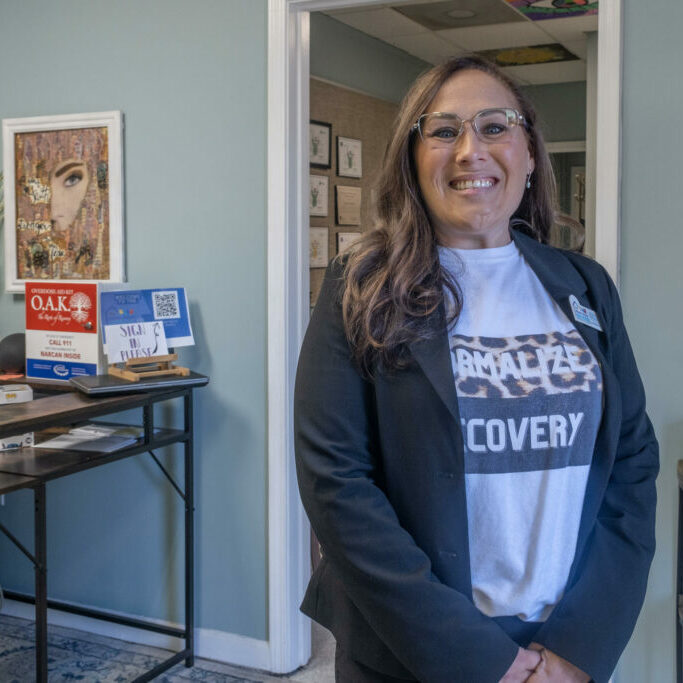
More options, less stigma: How Georgians in recovery are breaking barriers to addiction care
Georgia Public Broadcasting (GPB) by Sofi Gratas, December 19, 2023: For Jocelyn Wallace, a former paramedic from Douglas County, her opioid addiction started like many others — with a prescription to treat her pain after a car accident. She was 16 years old at the time. Her addiction would endure…
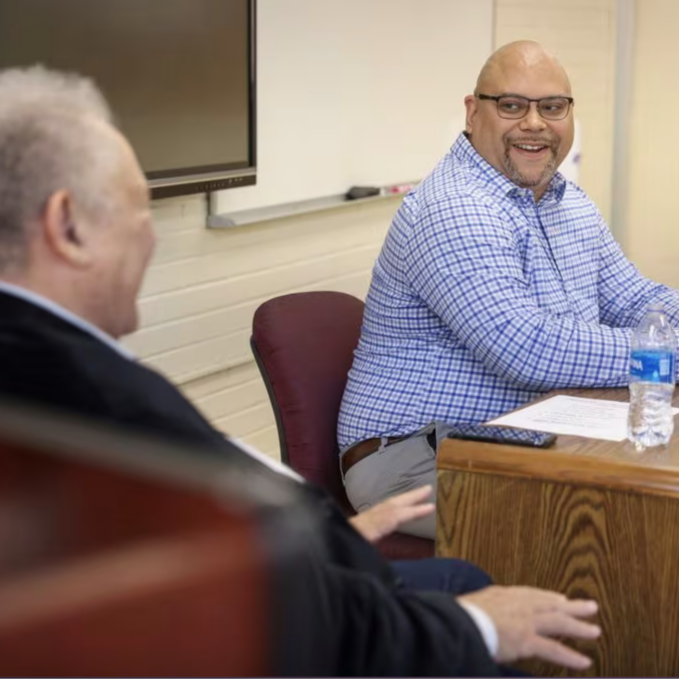
Suffering in silence: Male college students less likely to seek counseling
The Atlanta Journal-Constitution by Vanessa McCray, December 16, 2023: When Vernon Allwood helped open Morehouse College’s counseling center 35 years ago, he had to convince students to talk about their problems. “Morehouse men didn’t need counseling,” he said wryly during a fall lecture at the historically Black men’s college in…
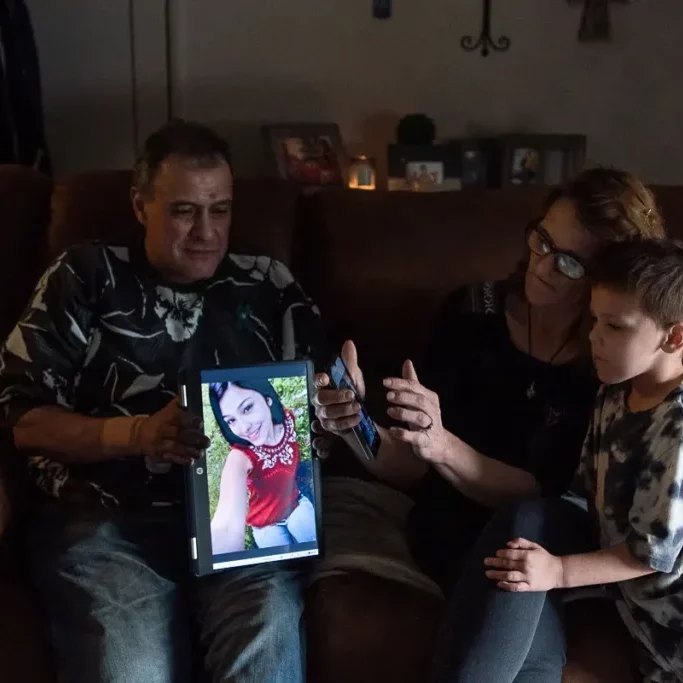
These Oklahomans Needed Mental Health Care. Instead, They Died in Jail.
Oklahoma Watch by Whitney Bryen, December 15, 2023: Lena Corona was sitting on the porch of her Seminole home, blood dripping from her hand, when police arrived at 2:45 a.m. Her dad stood behind her, pressing a T-shirt over the wound on his chest where Corona had plunged a shard…
Press Releases
The Carter Center Awards Two Irish Journalists Rosalynn Carter Fellowships for Mental Health Journalism
The Center will train fellows on accurate and effective mental health reporting and provide access to mental health experts ATLANTA (July 21, 2023) — The Carter Center is pleased to announce that Órla Ryan of The Journal, working with its investigative platform Noteworthy, and Shauna Bowers of The Irish Times…
The Carter Center Awards 9 U.S. Journalists Rosalynn Carter Fellowships for Mental Health Journalism
The Center will train fellows on accurate and effective mental health reporting and provide access to mental health experts ATLANTA (July 12, 2023) — The Carter Center is pleased to announce nine U.S. recipients of the 2023-2024 Rosalynn Carter Fellowships for Mental Health Journalism. The group includes award-winning freelancers, staff…
The Carter Center Awards 9 U.S. Journalists Rosalynn Carter Fellowships for Mental Health Journalism
The Center will train fellows on accurate and effective mental health reporting and provide access to mental health experts ATLANTA (July 14, 2022) — The Carter Center is pleased to announce nine U.S. recipients of the 2022-2023 Rosalynn Carter Fellowships for Mental Health Journalism. The group includes freelancers, staff reporters,…
Applications
Apply for a mental health journalism fellowship in the UAE
Rosalynn Carter fellowships are a year-long, non-residential program providing training, support and mentorship to two journalists The United Arab Emirates program for the Rosalynn Carter Fellowships for Mental Health Journalism is now accepting applications for its 2021-22 intake of two journalists. Interested candidates have until May 27 to apply. It…
Applications open for Latin American 2020-2021 Rosalynn Carter Fellowships for Mental Health Journalism
The Carter Center and the University of La Sabana, in association with the Gabo Foundation, are now accepting 2020-2021 applications for the Rosalynn Carter Fellowships for Mental Health Journalism in Latin America. Bogotá, Colombia — Applications are now open for two fellowships for Latin American journalists who investigate and produce…
Applications open for UAE’s 2020-21 Rosalynn Carter Fellowships for Mental Health Journalism
The fellowship program aims to develop a diverse cohort of journalists who effectively report on behavioral health. Applications will be accepted until the end of April. DUBAI, United Arab Emirates — The Rosalynn Carter Fellowships for Mental Health Journalism UAE program is accepting applications for its 2020-21 intake of two…
Topics
Resources For Journalists
Supporting Journalists Efforts In Mental Health Journalism
The Carter Center Journalism Resource Guide on Behavioral Health (pdf) supports journalists’ efforts to report accurately and effectively behavioral health issues, including addiction and substance use, in ways that do not reinforce stereotypes and stigma.



